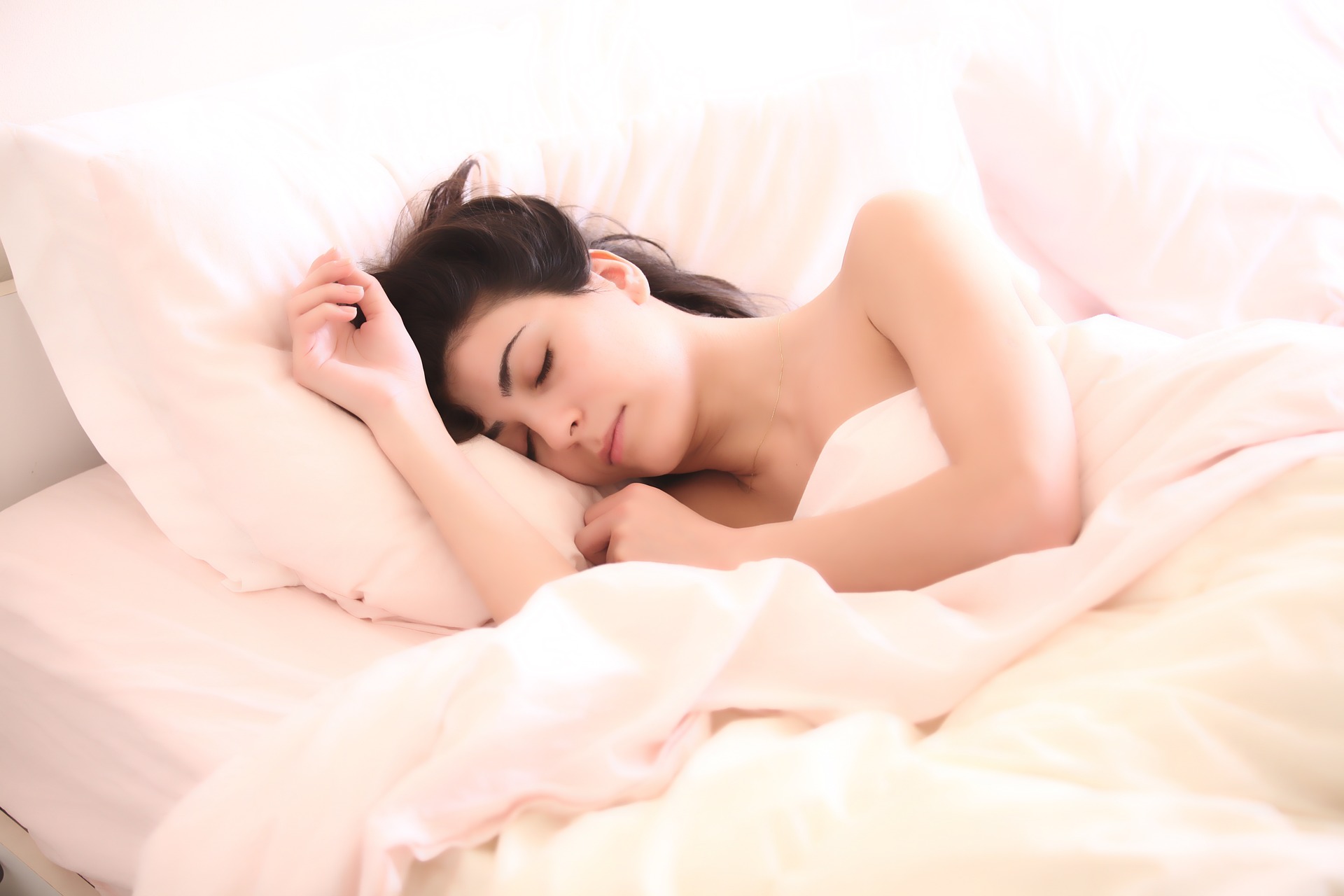Many of us have a problem with everyday poor sleep, low-grade exhaustion, and sleepiness during the day that most of us experience on a more or less regular basis.
WHY DO WE SLEEP?
If I could tell you the answer to that question I would not be writing this article. I would be sitting at home polishing my Nobel Prize. The honest answer is that despite years of research we have yet to fully understand the functions of sleep in humans, or in any species for that matter.
Numerous theories have been developed over the years as to why we need to sleep; from energy conservation to repair and recuperation, but none provide a comprehensive explanation.
A recent study showed 952 genes to be involved in insomnia but their existence explains less than 10% of the overall chance that a person will have insomnia, showing just how little we actually know. Indeed, the more we find out about sleep, the more complex it becomes.
Essentially if it has got a brain it sleeps, if it is a mammal its sleep is recognizably similar to ours. Animals sleep after they have satisfied all their biological needs, essentially if they have had enough food and water to survive, are in a safe place and, when appropriate, have taken the opportunity to ensure the survival of the species, and then they will sleep.
This is perfectly illustrated by the three-toed sloth which was thought to need 16 hours sleep a day. However, when someone bothered to study them in the wild, rather than observing them in captivity, they were actually found to sleep less than 10 hours a day.
The difference simply was that in captivity they had all their needs met, and so didn’t have to spend time looking for food, water, and so on.
SLOW WAVE SLEEP WITH AGE
As we age we get progressively less of the deep, restorative, Slow Wave Sleep (SWS) and thus our sleep becomes less refreshing. We start to lose our SWS in our middle years; in men it generally starts from their mid‐thirties to forties, while in women it starts in their 50s.
Children have a lot of deep sleep. It is vital for growth, memory and learning and thus children can sleep anywhere, through anything, and if they do wake there is a great deal of biological pressure for them to go back to sleep.
Thus, if you lose this slow wave sleep as you age your sleep will become more easily disturbed and there will be less pressure on you to go back to sleep if awoken. Our sleep is further compromised as we get older because there are more things to wake us and keep us awake e.g., pain, bladder problems, anxiety, and so on.
Think about it, you get up in the middle of the night to go to the bathroom; you empty your bladder and get back into bed. Men can do this in less than 1½ minutes, woman take a bit longer (because they wash their hands!), so why are you awake for the next hour and a half? It is not the bladder – you have just emptied that – so is it pain, anxiety, a snoring partner?
In addition to the changes in sleep architecture there are changes to our circadian rhythms whereby older people tend to become sleepier in the early evening, go to bed earlier and wake earlier in the morning.
The lack of sleep effects on health causes many older people to feel that they are suffering from sleeping problems, whereas much of what they feel could be accounted for by the natural changes in their sleep. The problem is compounded if the older person also naps during the day as this may use up some of their need for sleep and so they may sleep less at night, again causing them to perhaps believe that they have a sleep problem.
The fact that it is more difficult to get good sleep as we get older does not lessen the importance of trying to get the best sleep we can.
Why, I hear you ask, is there a gender difference in this loss of slow wave sleep? Well, my theory is very simple: from a biological point of view men are very simple. Men only have three roles: to hunt, to protect, and to play a small but crucial role in the continuance of the species.
The problem is that when a man gets to his mid‐thirties, early forties he starts to become less able to fulfill the first two of these roles, ‘Oh! My knee and my back hurt, maybe I will watch TV today and hunt and protect tomorrow.’ Essentially, at this point, he has become biologically redundant and should probably crawl to the back of the cave and await death.
This phenomenon can be seen in the animal kingdom in species that have a dominant, alpha male such as chimpanzees, gorillas, and lions. Once the alpha male becomes weak – either through age, disease, or injury – he is deposed by a younger, fitter, healthier member of the group. He is then cast out of the group and essentially awaits a sad and lonely death.
Basically, nature pretty much gives up on middle‐ aged men as they really aren’t of much use anymore from a biological perspective. (Because of this a woman’s biological needs dictate that when your man becomes a bit useless you should get rid of him and take up with a younger, more virile man, who is much more able to hunt and to protect you and your offspring.)
Women, on the other hand, have a much more important biological role in that they can have babies; so nature does its best to ensure that the woman is around to nurture and bring up her offspring, and so it protects her. This is why women on average live longer than men in all developed nations.
The loss of slow wave sleep seen in men is merely a recognition that by the time they are in their thirties men know everything, have nothing more to learn, and do not need to maintain their strength and virility. This is the reason that as men age their memories get worse and they experience, on average, poorer sleep than do women in later life.
Essentially, it is the start of the long, slow journey to our final destination (it is not like that Simon Munnery joke, ‘why do men die before their wives…because they want to’).
supposedly keep you healthy, the cup of coffee to get you going, the chocolate bar as a treat because you don’t feel good, the ‘energy’ pill/drink to give you a boost during the day, the glass of wine to help you relax.
At the end of the week you treat yourself to a spa treatment and you cannot wait for your holiday, when you can finally chill out. Just imagine how much better life could be and how much more productive you would be if each day you were at your best.A


